
Weed of the Month: Horsenettle
Horsenettle is distributed widely across most of the United States, especially in the eastern half and the western coastal states.

Horsenettle is distributed widely across most of the United States, especially in the eastern half and the western coastal states.

Dr. Udeni Balasuriya’s research focus is to identify the viral and host factors involved in the establishment of EAV carrier state in the stallion.
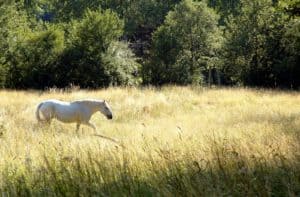
Managing and monitoring pastures properly can result in the safe production of quality hay or bedding for all classes of livestock.

The symposium will take place on Monday, Oct. 20 from 1:30-5 p.m., and will offer an in-depth look at current efforts to reduce injuries in racehorses.
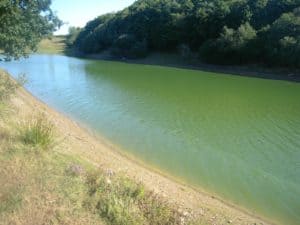
Animals that consume water with some types of algal blooms can die suddenly or suffer from weakness, staggering, or photosensitization depending on the type of toxin and how much they ingested.

Regulating body temperature becomes difficult for all horses when temperatures exceed 90 degrees, so avoid exercising them during very hot periods.

Janes’ main research focus has been investigating the roles of orthopedic pathology and genetic determinants in equine cervical stenotic myelopathy, commonly known as wobbler syndrome.
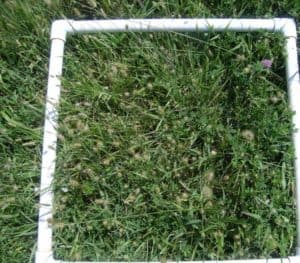
What types of grass are growing in your horse’s pasture during the summer? Here’s a look at which ones are desirable and which ones aren’t.
Moxidectin is used to treat and prevent external and internal parasites in the horse and other species.

The event will take place from 8 a.m. to 12:30 p.m. Saturday, Aug. 23, at the Morgan County extension research farm in West Liberty.

Common ragweed is distributed widely across the United States and occurs in pastures and cultivated crops. Infestations in pastures are usually more of a problem during periods of drought or when overgrazing occurs.
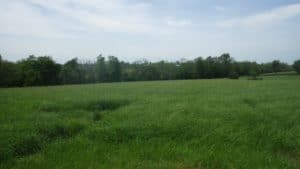
When the majority of a field becomes unsuitable, it might be time to start over. Here’s what to consider before you begin and how to re-establish your pastures.

University of Kentucky Ag Equine Programs hosted two educational events for horse owners in June.

Ticks might be tough opponents, but there are things you can do to reduce pasture infestations and protect horses.
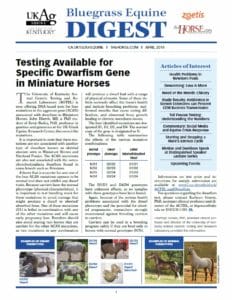
In the online equine-related newsletter category, the Bluegrass Equine Digest, a partnership between UK Ag Equine Programs and TheHorse.com, with sponsorship by Zoetis, nabbed the top spot.
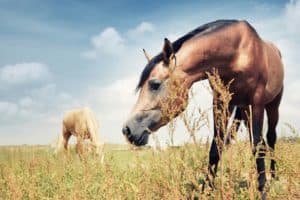
With summer upon us, it’s a good time to start thinking about protecting horses from inevitable heat stress conditions.
Stay on top of the most recent Horse Health news with